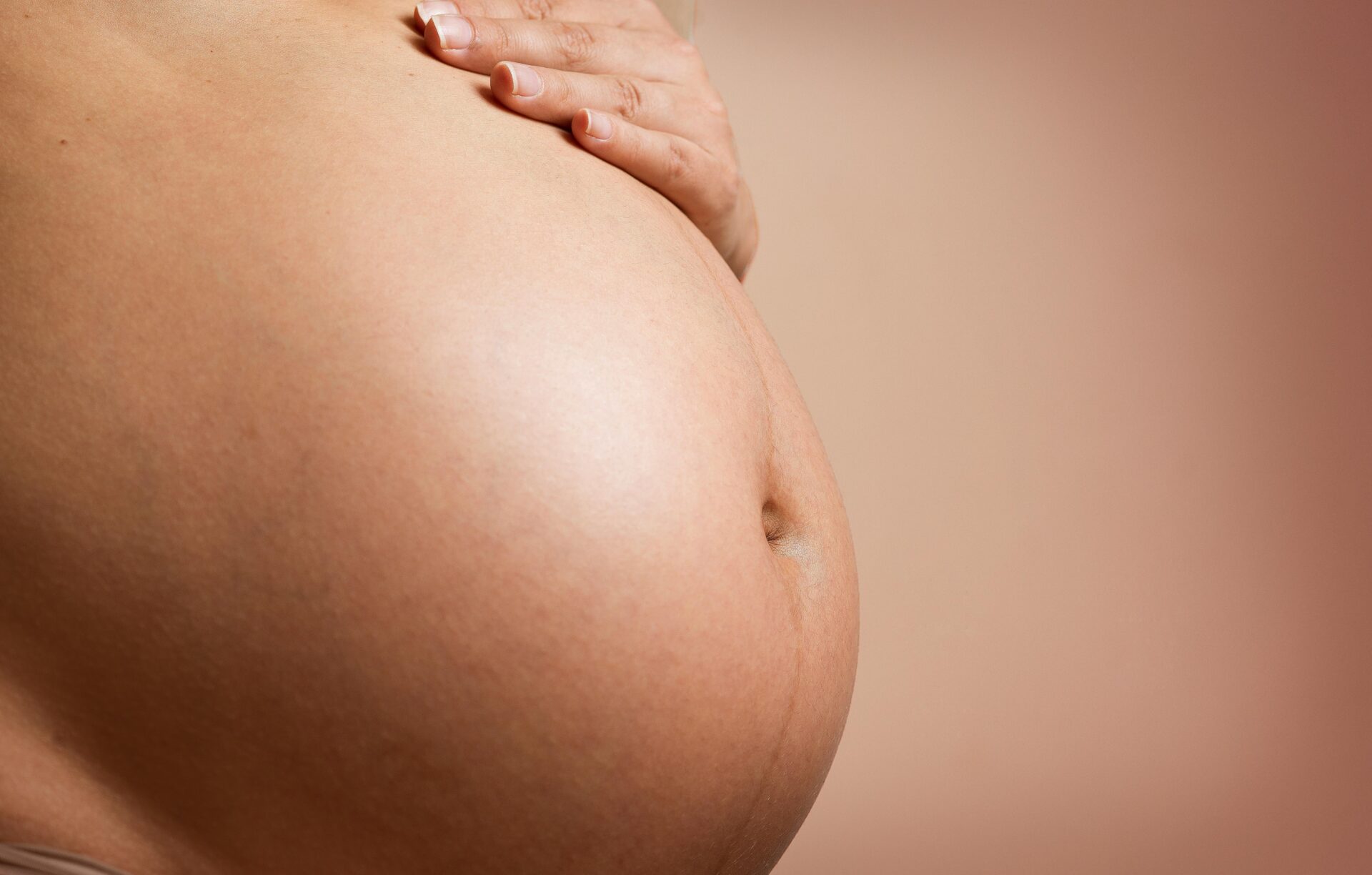Please read the following information in full.
Flu (also known as influenza)
The best time to have the flu vaccine is in the autumn, before flu starts circulating. It is recommended that all pregnant women have the flu vaccine whatever stage of pregnancy they are to protect both themselves and their baby. There is very good evidence that pregnant women who get flu are at greater risk of developing complications, particularly in the later stage of their pregnancy. This could lead to your baby being born prematurely, having a low birth weight or potentially could lead to stillbirth or death in the first few weeks of life.
Evidence shows that the flu vaccine is safe in pregnancy and that the vaccine passes on protection to the unborn baby which will continue for the first few months of their life. The vaccine does not effect a woman’s decision to breastfeed.
The vaccine is free to pregnant women and can be arranged by contacting your GP, speaking to your Midwife or dropping in at Antenatal Clinic at Doncaster or Bassetlaw.
Whooping Cough (also known as pertussis)
Whooping cough is highly infectious and is currently on the increase, and babies who are too young to start their vaccinations are at greatest risk of contracting the illness.
Young babies with whooping cough are often very unwell and most will be admitted to hospital because of their illness. When whooping cough is particularly severe, it can lead to complications, and in some in the most severe cases, death.
Pregnant women can help protect their babies by getting vaccinated – ideally from 16 weeks up to 32 weeks pregnant. If for any reason you miss having the vaccine, you can still have it up until you go into labour.
Mums-to-be can contact their midwife or GP surgery if they have reached week 20 of their pregnancy and are unsure whether they have had the vaccine.
After the vaccine your body will produce antibodies and this immunity is passed onto your baby through the placenta. This will protect your baby until they are old enough to be routinely vaccinated against whooping cough at two months old.
If you’re pregnant, it’s important to take up the Pertussis vaccine when offered. It helps protect your baby in their first weeks of life.
You can read more information about the Whooping Cough vaccination in pregnancy here.
The Whooping Cough vaccine is free to pregnant women and can be arranged by contacting your GP, speaking to your Midwife, or dropping in to Doncaster or Bassetlaw Antenatal Clinics between 9am to 5pm, Monday to Friday.
Respiratory Syncytial Virus (RSV)
Respiratory Syncytial Virus (RSV) is a common virus that can cause bronchiolitis, a lung infection. While RSV infections happen year-round, cases peak during winter.
RSV can cause a range of symptoms such as runny nose, sneezing, or blocked nose, cough, wheeze, shortness of breath, fever, tiredness and decreased appetite.
In babies, RSV may also cause irritability and reduced feeding. While most cases can be managed at home, about 20,000 infants in England are hospitalised with bronchiolitis each year. Severe cases may require intensive care and can be fatal.
The RSV vaccine helps your body produce antibodies that pass through the placenta to your baby, offering protection from birth. This reduces the risk of RSV-related illness.
You should be offered the RSV vaccine around your 28-week antenatal appointment, though it can still be given later in pregnancy. However, early vaccination is more effective.
The RSV vaccine is free for pregnant women. Speak to your midwife to arrange your vaccination.
For more information, visit: A Guide to RSV Vaccination for Pregnant Women on GOV.UK

Content out of date? Information wrong or not clear enough? Report this page.
